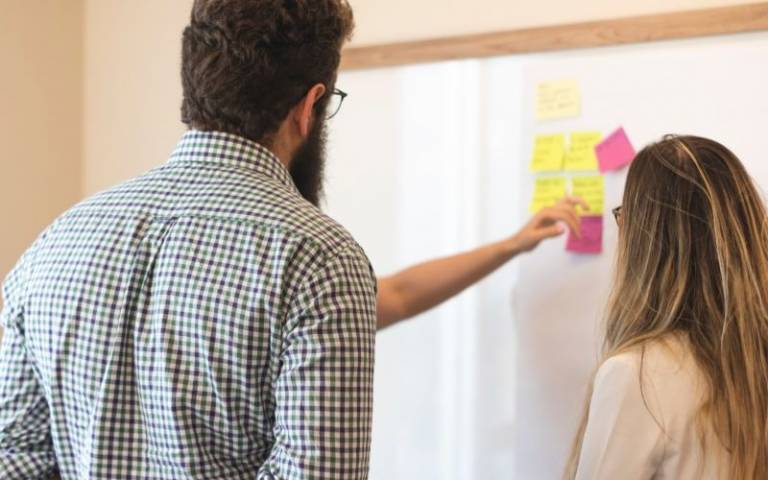School peer review for educational improvement and accountability
14 May 2020, 4:00 pm–6:00 pm

This webinar explores the theory, practice and policy implications of school peer reviews for educational improvement and accountability.
Event Information
Open to
- All
Availability
- Yes
Organiser
-
Bernardita Munoz Chereau
Watch the webinar
This webinar of four talks and a Q&A coincides with the publication of a new book providing international case studies with new empirical evidence; detailed explanations of the theories of action underlying their models and explanation for how peer reviews work systemically to improve schools.
Programme
Introduction - Professor Peter Earley
4:00pm
Peer review: improvement or policing? - Toby Greany
4:10pm
Toby’s talk reviews case study examples and data to analyse how peer review reflects the three forms of isomorphism (coercive, mimetic and normative) identified by DiMaggio and Powell (1983).
Empowerment evaluation - Kerrie Ikin
4:30pm
In this talk, Kerrie Ikin describes the findings of a three-year school peer-review research project conducted within the New South Wales government education system. The research compares an empowerment evaluation approach with a participatory and collaborative one.
Research-informed peer review - Karen Spence Thomas and David Godfrey
4:50pm
Karen and David look at the principles and theories that underpin RiPR and present findings from follow up surveys two years since completing the first RiPR cycle, alongside additional learning from its implementation and adaptation in Chile.
The Schools Partnership Programme - Anne Cameron and Maggie Farrar
5:10pm
Anne and Maggie explore the background, principles, operations and evidence for and from the Education Development Trust’s School Partnership Programme. This programme has been in operation for five years and has engaged with over 1400 schools, making it the largest peer review programme in England.
The future: conceptions of peer review, standards, expansion? - David Godfrey
5:30pm
In this talk, David Godfrey analyses ten models of peer review in six countries, using a conceptual framework outlined by Christie and Alkin (2012). Following this analysis, David outlines implications for policy makers; school leaders and researchers working in this field.
The webinar will finalise with Q&A chaired by Professor Peter Earley.
A background on school peer reviews
In many countries, there has been a focus on school autonomy alongside the establishment of a variety of formal and informal networks designed to deliver school-led improvement.
In these new arrangements, centralised, top-down forms of school improvement and accountability lack flexibility, focus on summative rather than formative evaluation, and can be disempowering to the professionals working in schools. Peer-driven approaches to quality assurance and improvement are increasingly being turned to.
School peer reviews are a form of internal school evaluation, driven by schools rather than externally imposed. Schools collaborate with other schools in networks, collect data through self-evaluation and in school review visits, and provide feedback, challenge and support to each other.
Links
Image: Marília Castelli via Unsplash
 Close
Close

